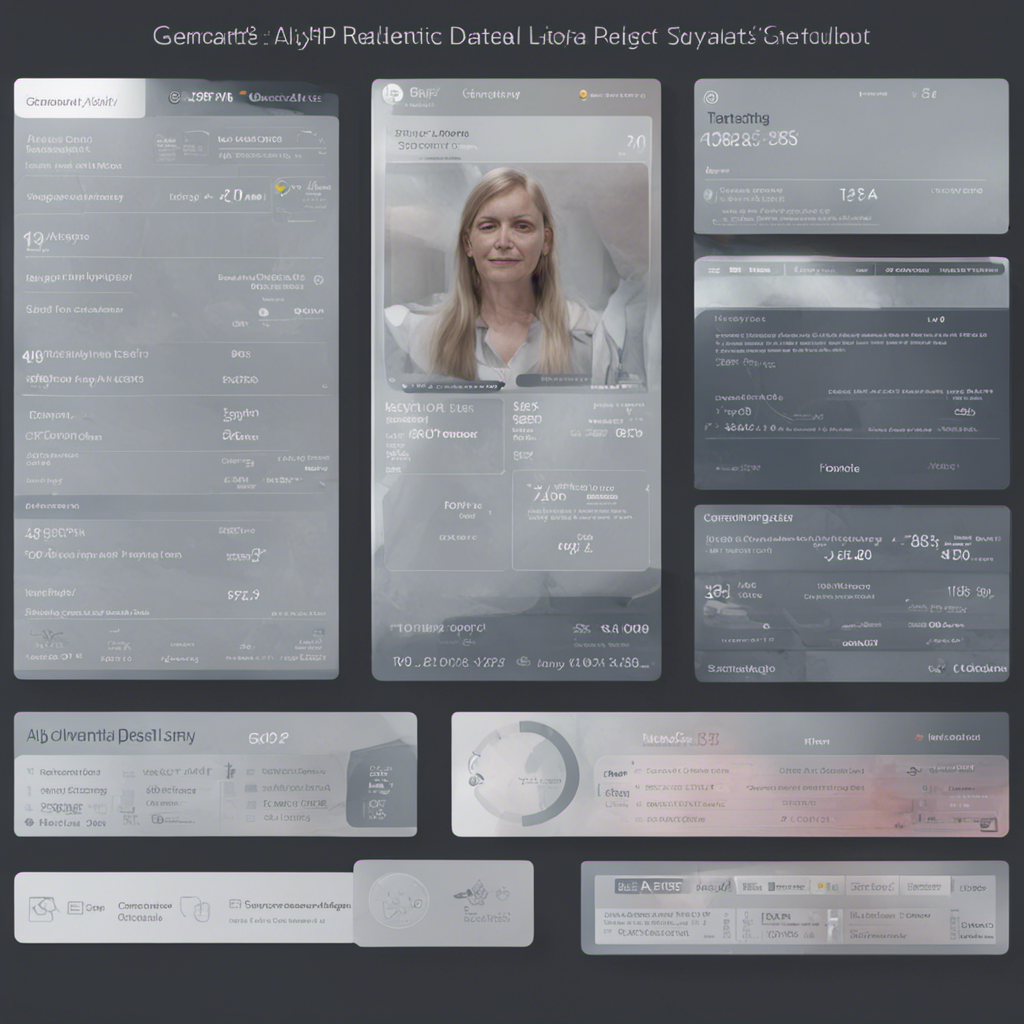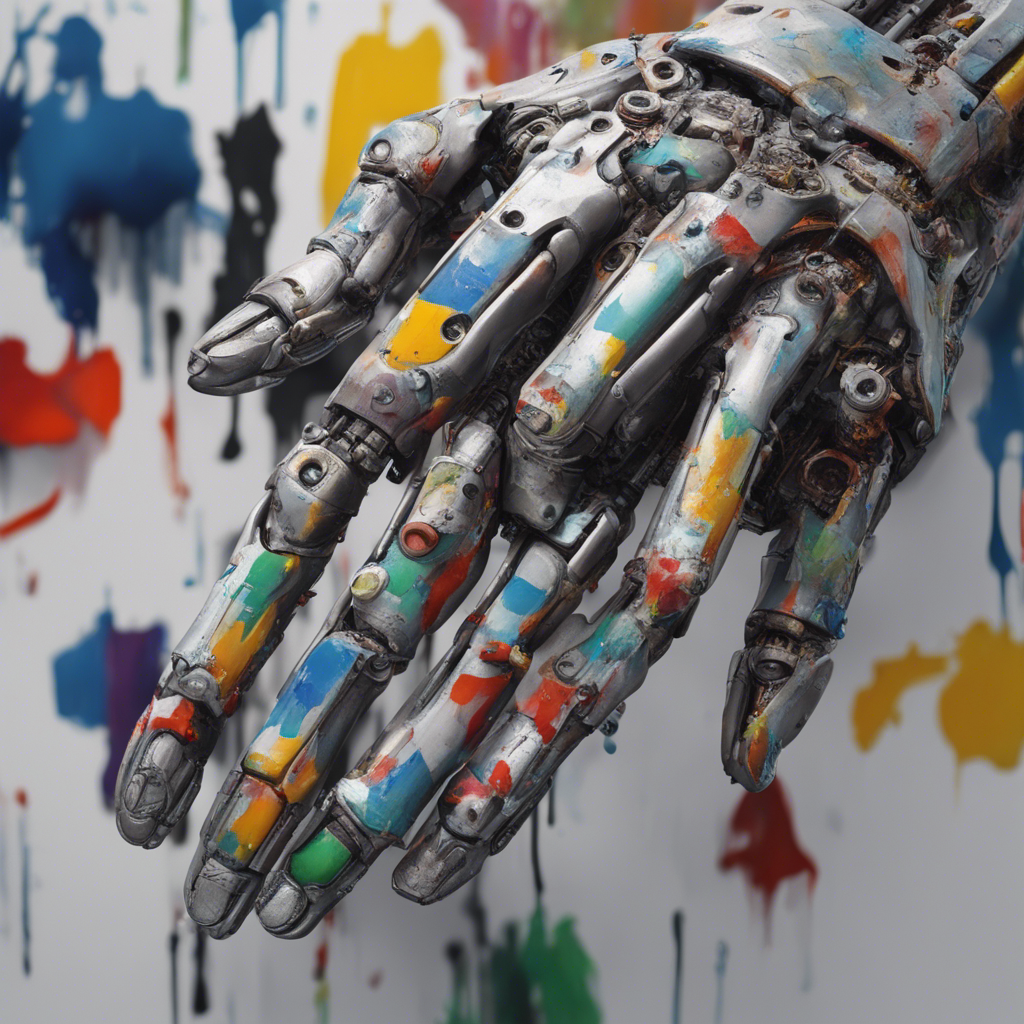
AI in Healthcare: Revolutionizing Diagnosis and Treatment
Artificial Intelligence (AI) has been revolutionizing various industries, and healthcare is no exception. With advancements in technology and the ability to process vast amounts of data, AI is transforming healthcare by improving diagnosis and treatment methods. In this blog post, we will explore how AI is being utilized in healthcare to enhance patient outcomes and streamline medical processes.
Improving Diagnostic Accuracy with AI
Diagnosing medical conditions accurately is crucial for effective treatment. However, medical diagnosis is often complex and relies on the expertise of healthcare professionals. AI can assist healthcare providers by analyzing patient data and identifying patterns that might be missed by the human eye.
-
Image Recognition: One area where AI has made significant progress is in image recognition. AI algorithms can analyze medical images, such as X-rays, MRIs, and CT scans, to detect abnormalities or potential signs of disease. Deep learning models have shown remarkable accuracy in early detection of conditions like cancer, retinal diseases, and cardiovascular disorders.
Reference: Smith et al., 2018
-
Natural Language Processing (NLP): NLP algorithms enable computers to understand and process human language. In healthcare, NLP is used to extract valuable information from medical records, research papers, and patient histories. By analyzing this information, AI systems can provide more accurate diagnoses and suggest suitable treatment plans.
Reference: Friedman et al., 2010
-
Risk Prediction: AI algorithms can analyze numerous patient variables, such as genetic data, medical history, and lifestyle factors, to assess the risk of developing certain diseases. This helps in early intervention and preventive care, potentially saving lives and reducing healthcare costs.
Reference: Wang et al., 2019
Personalized Treatment Plans
AI algorithms can process large amounts of data and identify patterns that enable personalized treatment plans tailored to individual patients. By considering genetic information, medical history, and treatment outcomes of similar patients, AI can optimize the selection of medications and therapies.
-
Precision Medicine: Precision medicine aims to deliver customized healthcare based on an individual’s unique characteristics. AI plays a crucial role by quickly identifying genetic variants that could influence treatment response. This allows healthcare providers to administer specific drugs or therapies that are most likely to be effective.
Reference: Topol, 2019
-
Drug Discovery: Developing new drugs is a time-consuming and expensive process. AI can expedite this process by analyzing vast amounts of biomedical data to identify potential drug candidates. Machine learning algorithms can predict drug-target interactions, allowing for targeted and more efficient drug discovery.
Reference: Aliper et al., 2016
Enhancing Patient Care and Workflow
Apart from improving diagnosis and treatment, AI is also streamlining healthcare processes to enhance patient care and workflow efficiency.
-
Chatbots and Virtual Assistants: AI-powered chatbots can provide basic medical information, answer health-related questions, and triage patients based on their symptoms. Virtual assistants integrated into Electronic Health Records (EHR) systems can help healthcare providers access patient data quickly and efficiently, reducing administrative burden.
Reference: Elwyn et al., 2019
-
Predictive Analytics: Through predictive analytics, AI can analyze large datasets to identify potential disease outbreaks, predict patient readmissions, and optimize staffing levels. This allows healthcare facilities to allocate resources effectively and intervene proactively.
Reference: Wouden-Mittendorff et al., 2017
Ethical Considerations and Challenges
While AI brings tremendous benefits to healthcare, it also presents ethical considerations and challenges that must be addressed:
-
Privacy and Security: The use of AI necessitates the storage and utilization of extensive patient data. Ensuring privacy and security of this data is critical to maintaining patient trust and adhering to regulatory requirements.
-
Bias and Transparency: AI systems can inadvertently reflect biases present in the data they are trained on. It is crucial to ensure that AI algorithms are transparent and free from bias to avoid discrimination and ensure equitable healthcare delivery.
-
Legal and Regulatory Concerns: The integration of AI in healthcare raises legal and regulatory challenges. Standards need to be established to govern the use of AI and protect patient rights.
Conclusion
AI is revolutionizing healthcare by improving diagnostic accuracy, enabling personalized treatment plans, and streamlining healthcare processes. With its ability to process large amounts of data and identify patterns, AI has the potential to transform patient outcomes and enhance the overall quality of care. However, ethical considerations and challenges associated with AI in healthcare must be addressed to ensure its responsible and effective implementation.
Disclaimer: This article is for informational purposes only and does not constitute medical advice. Always consult a healthcare professional for diagnosis and treatment.






